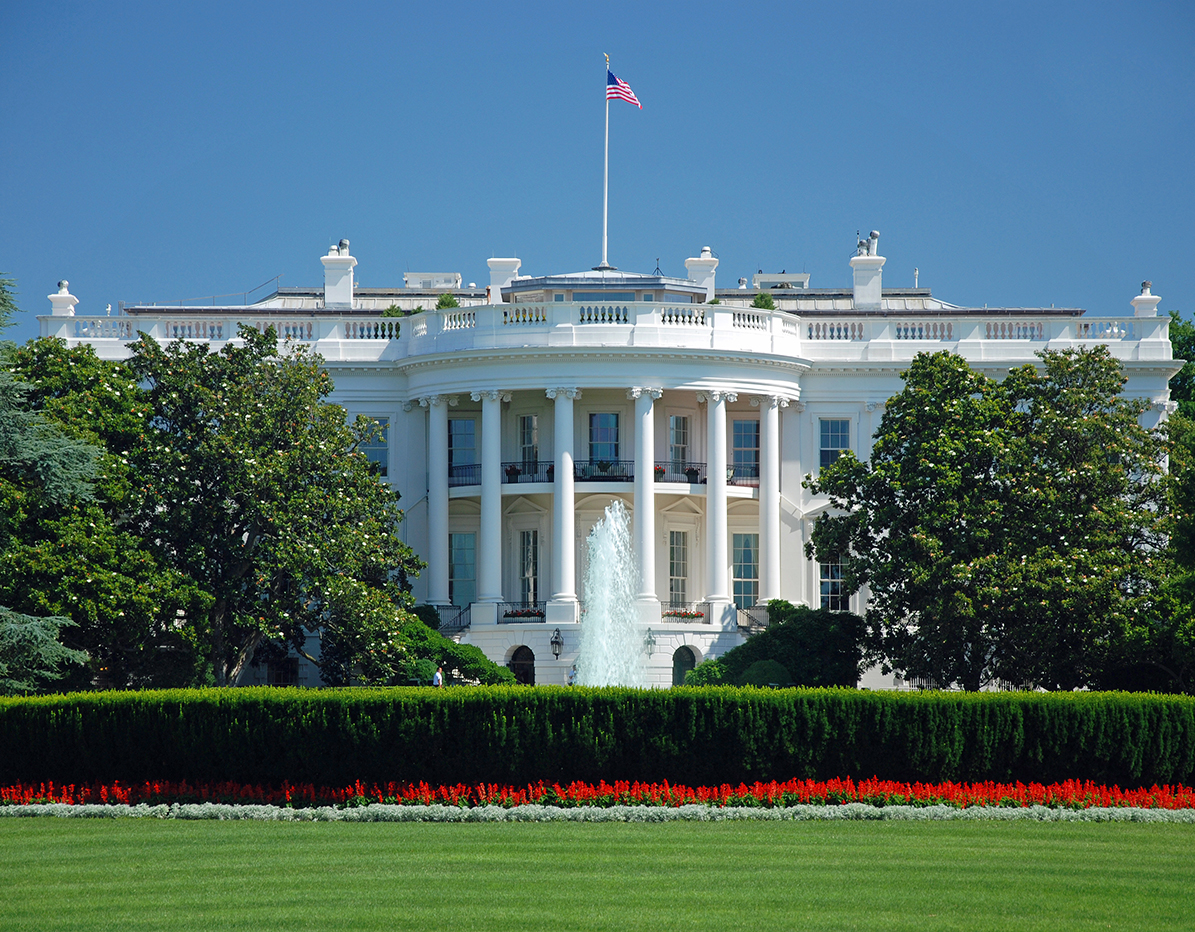
A first term president has — officially — 1,460 days to enact an agenda through policy and action for the American people. But the first 100 days have always drawn a huge amount of attention as a traditional measure of what’s to come. They are presented with all the opportunity and hope of a new administration.
The Biden-Harris administration recently passed that 100-day marker. Now the White House will have to navigate beyond the signposts it has staked in the ground, especially around issues of justice and race equity.
For much of the first 100 days, it wasn’t clear how the administration would address issues of justice. Our nation is still deeply mired in the Covid-19 pandemic. So far, the White House has devoted enormous attention and resources to overcoming this challenge. And the administration has made race equity a focus, as the crisis continues to have a devastating impact on communities of color.
The pandemic has proved to be the latest revelation of centuries of racism and white supremacy baked into our everyday systems. Its consequences have rippled outward. Violence has soared, public safety feels elusive, and trauma is everywhere. All of these factors are central to justice — and felt most deeply in Black and brown communities.
Justice reform featured prominently in the Biden-Harris campaign: promises to end the death penalty, in states and federally; to reduce the harm of the justice system; and to infuse equity across the federal government. How would it show up in the Administration? A few weeks ago, the Biden-Harris administration placed a neon signpost in the ground.
In a series of announcements, the White House opened the doors to making billions in federal grant funds available to community-based violence intervention work — effective solutions to violence that exist right now in cities across the nation. It is critical that we make this intent to support community-based work a reality. Truly centering communities will have historic implications for the evolution of public safety. And by investing in communities to do the frontline work on the ground, the White House is taking an important step in its commitment to racial equity.
One of the most important ways to interrupt violence is to work with communities to heal from trauma. That truth is a cornerstone of our vision. Our partners across the country are doing this — their work is helping to create an ecosystem, in their own community, that identifies what communities need to build the public safety we all deserve.
We’re still waiting for the administration to move on the death penalty. Now is the time to commute the sentences of those on federal death row, to release details of a plan to incentivize states to end the death penalty, and to signal to Congress a readiness to end the federal death penalty once and for all.
The death penalty is the most egregious response to violence in a justice system that fails because it relies only on punishment. That focus on retribution — and the way it swallows up funding — distracts from evidence-based and community-centered solutions that are taking on violence and winning.
Signposts are just that: Signs. Signals. Aspirational maps. What’s important is the actions that follow:
- Now is the time for the administration to deliver on its promises to end the death penalty.
- The administration must continue to press for the historic potential investments in community-based violence prevention to make sure that money gets to impacted communities. Funding this work in communities is an investment in race equity.
- Transforming our deeply flawed justice system is the natural extension of the Biden-Harris administration’s equity promise. The sooner we embrace healing and abandon punishment the faster we can move toward the fulfillment of that promise.
Now comes the hard part of ensuring we all stay on the right path. La luta continua.



